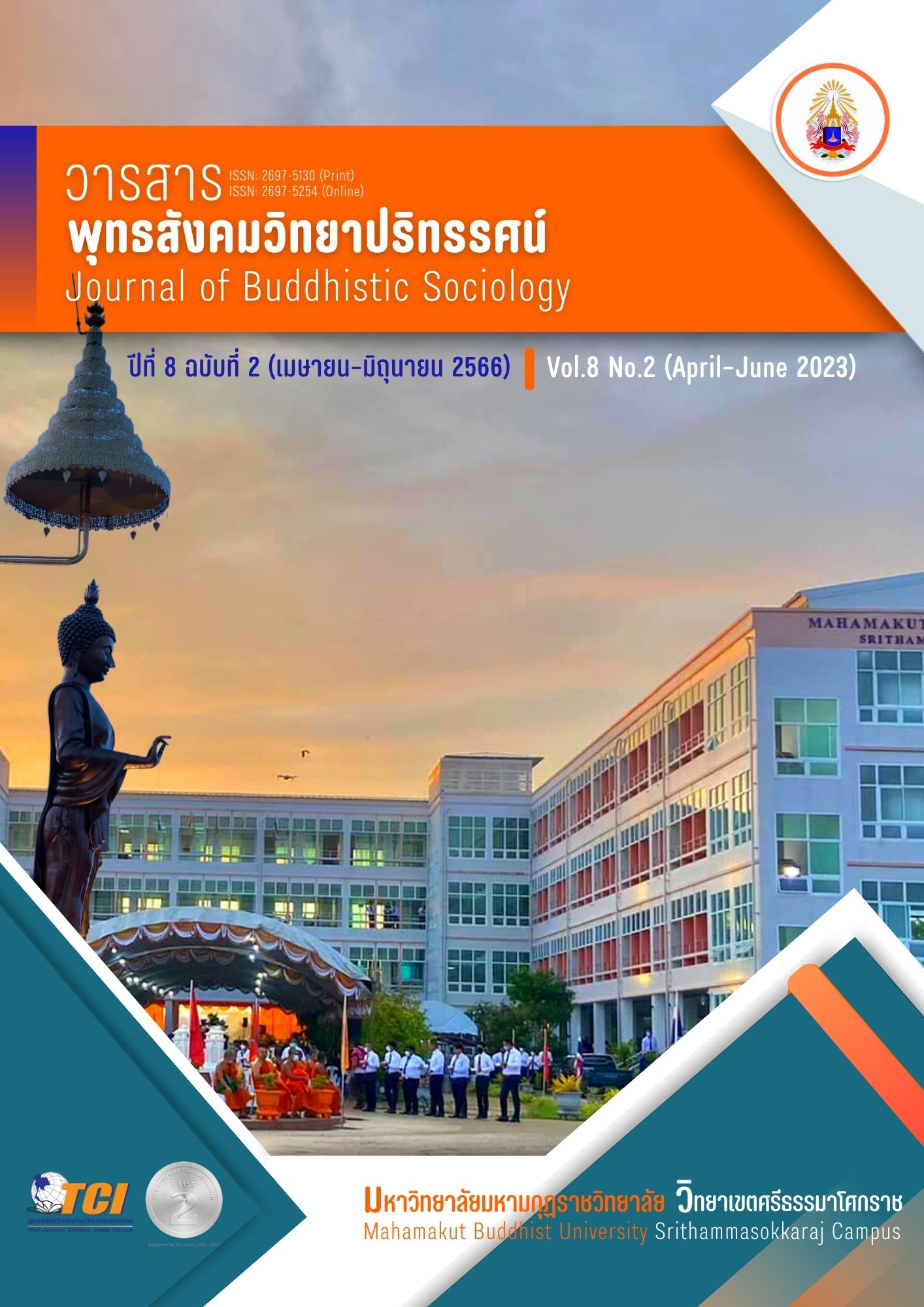LEARNING ENGINEERING AND 21ST CENTURY LEADERSHIP
Main Article Content
Abstract
Administrator in the 21st century is a big change in the all-industry area as well with theories being published and knowledge about organization management in the 21st century has been numerous continuously. One difference is obvious between 21st century management and 20th century management is the emphasis on skills. The skill of the 21st century is the one of which is important, learning skills. For organization administration in the age of 21st century that requires a variety of skills in management. It is therefore essential that administrators in the 21st century must use innovation and technology for applied to organization administration in the 21st century with learning engineering, a new line of work that will be fulfilled. Innovative administration to help organization administrators set the direction of the corporate management with innovation that will result in the organization development in accordance with the era of management. The era of change in the 21st century effectively continues.
For this educational engineering, it is considered a new career that complements the innovative leadership of school administrators which is a combination of knowledge and competence between professional fields, namely educators and engineers. One person can do a new professional field, namely educational engineer. The educational engineer is professional in management among current trends change in the 21st century. They are able to create a learning management process according to the needs of both educational institutions and students that updated to the world society. They propose guidelines for administrators of various educational institutions which is considered an important mechanism and has a great influence on the education system in each school. The direction of educational institution management with innovation and information technology has been determined with efficiency, effectiveness and maximum achievement. For school administrators with leadership in the 21st century, they must always be aware of changes. At the same time, the use of information technology must be encouraged to continually improve the quality of education.
Article Details

This work is licensed under a Creative Commons Attribution-NonCommercial-NoDerivatives 4.0 International License.
References
บุญเกื้อ ควรหาเวช. (2553). นวัตกรรมการศึกษา. กรุงเทพมหานคร: อาร์เอส ปริ้นท์ติ้ง.
พรรณี สวนเพลง. (2562). เทคโนโลยีสารสนเทศและนวัตกรรมสำหรับการจัดการความรู้. กรุงเทพมหานคร: มหาวิทยาลัยราชภัฎสวนสุนันทา.
วิจารณ์ พานิช. (2556). การสร้างการเรียนรู้สู่ศตวรรษที่ 21. กรุงเทพมหานคร: มูลนิธิสยาม
กัมมาจล.
องค์อร ประจันเขตต์. (2557). องค์กรแห่งนวัตกรรมการศึกษาทางเลือกใหม่ของการบริหารการศึกษา. กรุงเทพมหานคร: วิทยาลัยพยาบาลกองทัพบก.
Adams et al. (2006). Innovation Management Measurement: A Review. International Journal of Management Reviews, 8(1), 21-47.
Greg Wilson. (2015). Educational Engineering. เรียกใช้เมื่อ 1 February 2022 จาก https://softwarecarpentry.org/blog/2015/12/educational-engineering.html
Hoy, W. K. & Miskel, C. G. (2013). Educational Administration: Theory, Research, and Practice (9ed). New York: McGraw-Hill.
Jozef Colpaert. (2014). Educational Engineering and Distributed Design. ใน Institute for Education and Information Sciences. Belgium: Universiteit Antwerpen.
Karl A. Smith. (1987). Educational Engineering: Heuristics for Improving Learning Effectiveness and Efficiency. เรียกใช้เมื่อ 1 February 2022 จาก https://www.researchgate.net/
Mary F. Heller. (2015). Educational Engineering for the Schoolroom. Retrieved February 1, 2022, fromhttps://www.tandfonline.com/doi/abs
McKeown, M. (2008). The Truth About Innovation. London: Prentice Hall.
W. W. Charters. (1945). Is There a Field of Educational Engineering. London: Prentice Hall.


